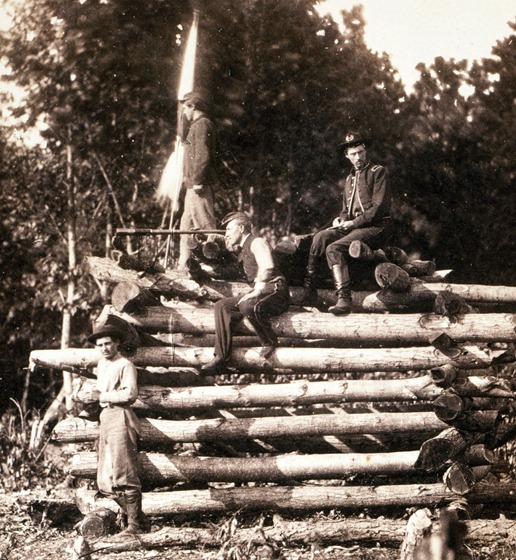October 22nd [1862]. Sent this note, or got Mrs. Richardson, who has great influence with the Federals, to do it for me:
General Shepley:
Sir: Some months ago I enclosed to Mrs. S. N. Chilton, a sister of Mrs. Shepherd Brown, eighty dollars. The envelope containing the money was given by Mrs. Brown to a Mr. Burkett, who was afterwards arrested for matters wholly unconnected with it. I applied to General Weitzel, who promised to procure the money and leave it with my friend, Doctor Cartwright. Since that time I have heard nothing of it.
Eighty dollars is a sum which is a mere nothing to a Government authority, but ’tis really something to a gentlewoman, away from her connections, who has been surprised by a blockade. I hope General Shepley will suffer me to remind him that no matter of justice is too small to be regarded by one who wishes to represent a kindly Government.
Respectfully,
J. E. LeGrand.
Afterward called to see General Shepley; got promises and nothing more, as might have been expected. Federals, in the city at least, don’t disgorge. General Shepley is a deceitful-looking, querulous man, but has the ambition to be thought a gentleman, and therefore does not show off with Butler’s brutal and theatrical manner.
Packing up to go to Mississippi City with Mrs. Norton and Mrs. Dameron.
Later: Disappointed, no passports, those given by General, or Governor Shepley as they call him, proving worthless, Butler having refused to place his glorious autograph to one for less than a clear thousand or two—sub-rosa.











